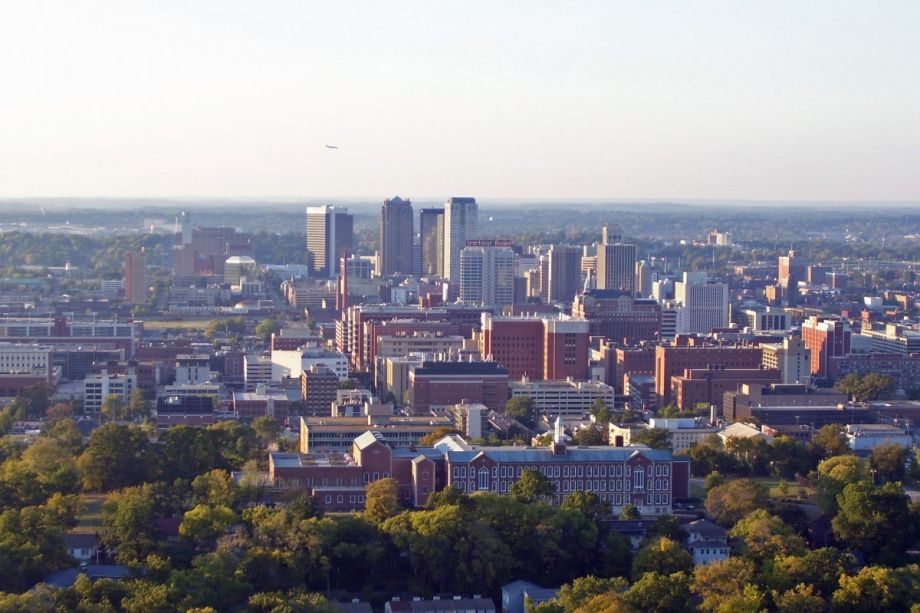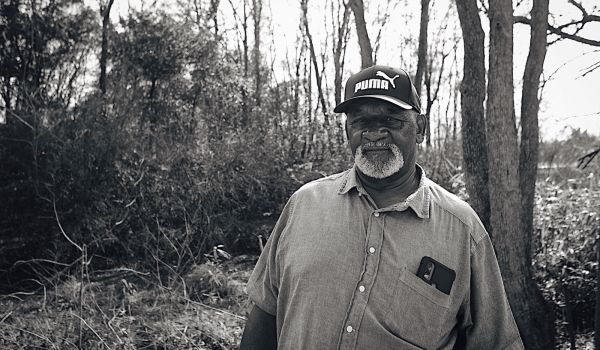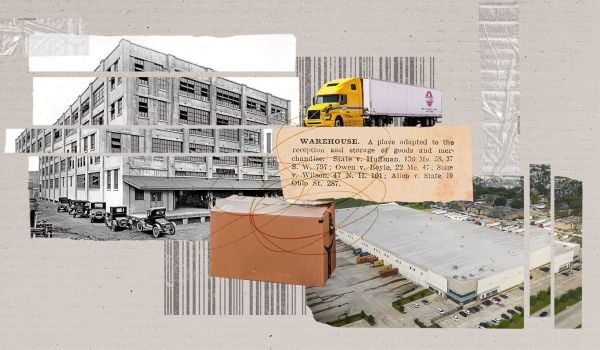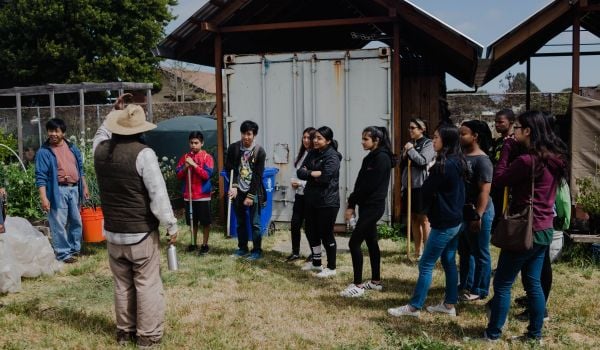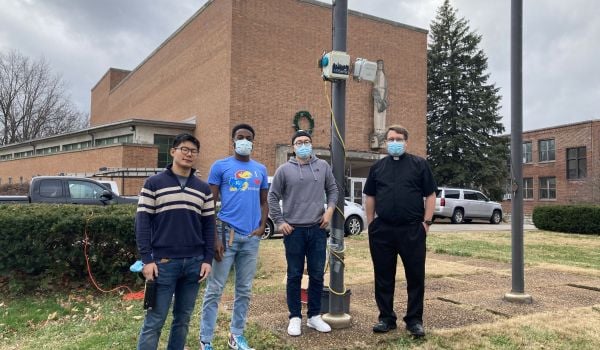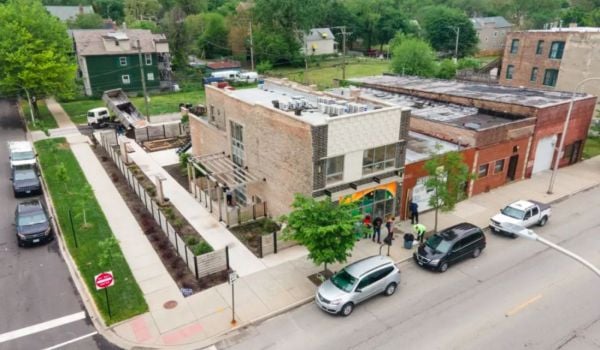Birmingham’s history of environmental injustice was on full display at a City Council meeting Tuesday. Citing the need to correct patterns of disenfranchisement and pollution in the city’s black neighborhoods, officials voted to deny a scrap metal processors license to a company hoping to settle in the Acipco-Finey neighborhood.
“It just bothers me that always these types of facilities come to black communities,” District 9 Councilor John Hilliard, who oversees the neighborhoods where the scrap yard would be located, said, according to Birmingham Watch. “I’m for economic development, I believe in jobs and expansion, but not at the expense of my people … . We don’t want it in our community.”
Jordan Industrial Services is the company that had hoped to open a facility in the North Birmingham neighborhood, the paper reports. But a 2012 report by the Houston Chronicle found dangerous levels of hexavalent chromium (or Chrome VI) in the neighborhoods around five metal recycling facilities in the Texas city. “According to those reports, those high levels are the result of cutting and welding metal, which vaporizes metal particles and sends [them] into the air,” the Birmingham Watch states. And the residents who turned out to the meeting did not want another potential health hazard in their backyards.
“We’ve had enough,” one Acipco-Finley resident told the council. “We have too much in our neighborhood that we’ve had to encounter through the years.”
Several years ago, soil tests concluded that many properties in North Birmingham had been contaminated by the many by-products of the area’s industrial industries. The EPA attempted to intervene, but one state representative, Oliver Robinson, pushed back. Last year, he pled guilty to accepting corporate bribes (the vice president of a local coal-producing company was also indicted).
As Next City has covered, so-called “trash inequity” is a problem in most cities. Houston’s landfill distribution was the motivator behind Robert Bullard’s famous book “The Mountains of Houston,” which is often credited with kickstarting the environmental justice movement in the U.S.
As Bullard details in the book, he realized in 1979 that although “Blacks made up just over one-fourth of Houston’s population, five out of five city-owned landfills (100 percent) and six of the eight city-owned incinerators (75 percent) were sited in black neighborhoods.”
“Historically they were placed in the path of least resistance, which was low-income communities of color,” he told Next City in 2015. That created a zoning nightmare for those communities, because officials would then cluster new waste facilities near the old ones, citing proximity and convenience.
“Whenever a proposal for a new facility occurs, this always comes up, whether it be Atlanta, Charlotte, Memphis or Los Angeles,” he said. “The policymakers are immediately confronted with: How can we move forward in a way that doesn’t build on past discrimination or injustice? It means trying to come up with a plan that minimizes the impact.”

Rachel Dovey is an award-winning freelance writer and former USC Annenberg fellow living at the northern tip of California’s Bay Area. She writes about infrastructure, water and climate change and has been published by Bust, Wired, Paste, SF Weekly, the East Bay Express and the North Bay Bohemian
Follow Rachel .(JavaScript must be enabled to view this email address)

